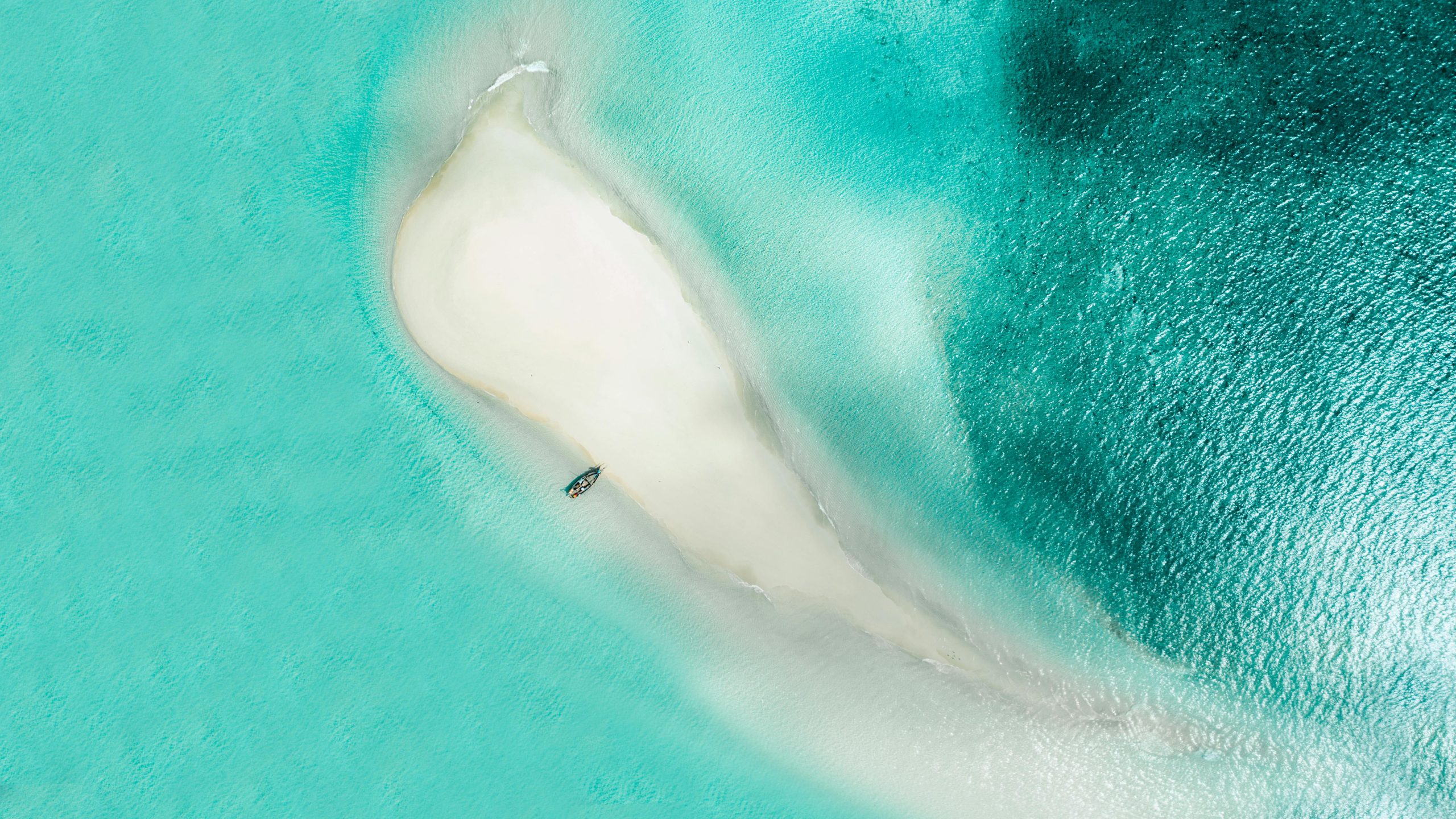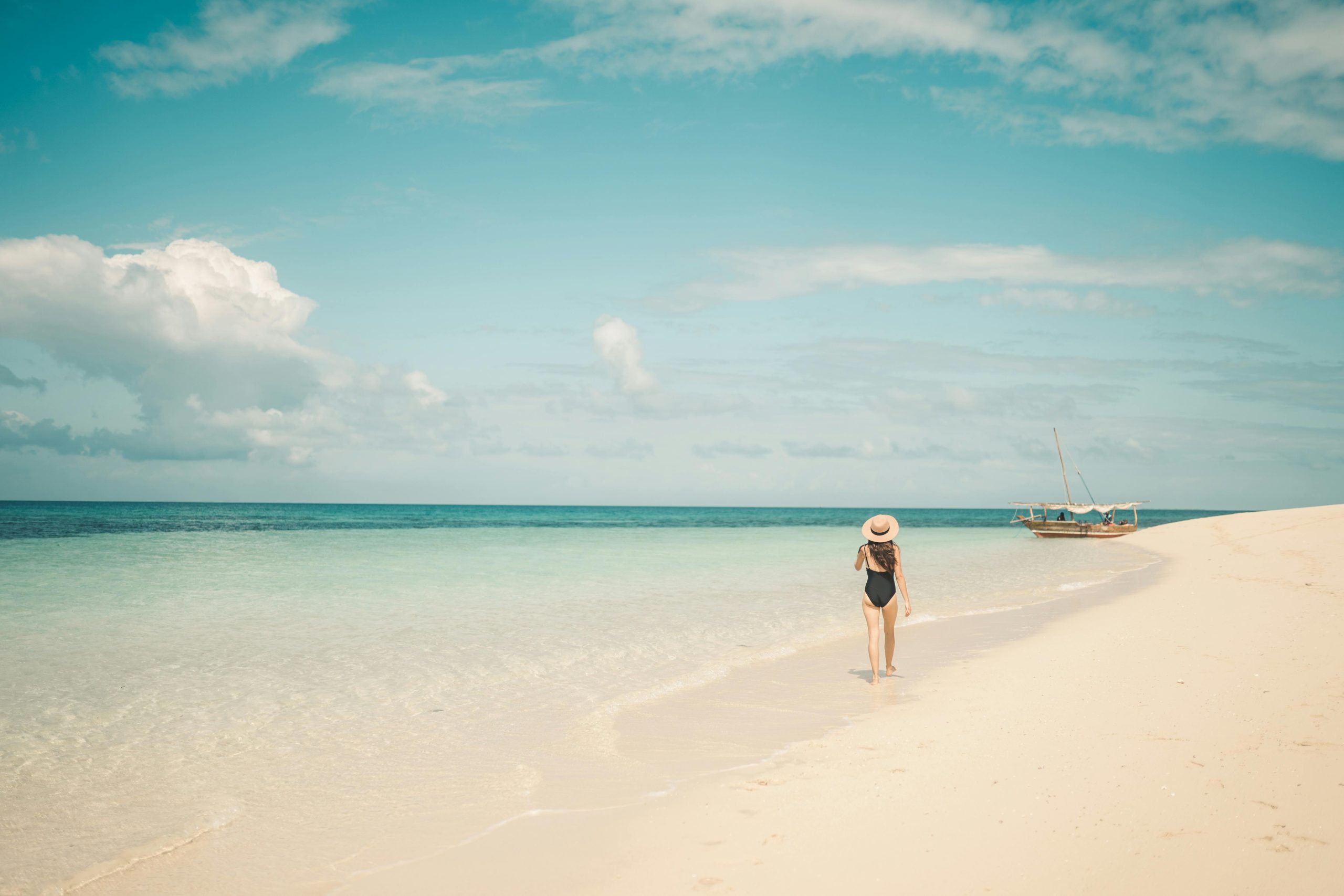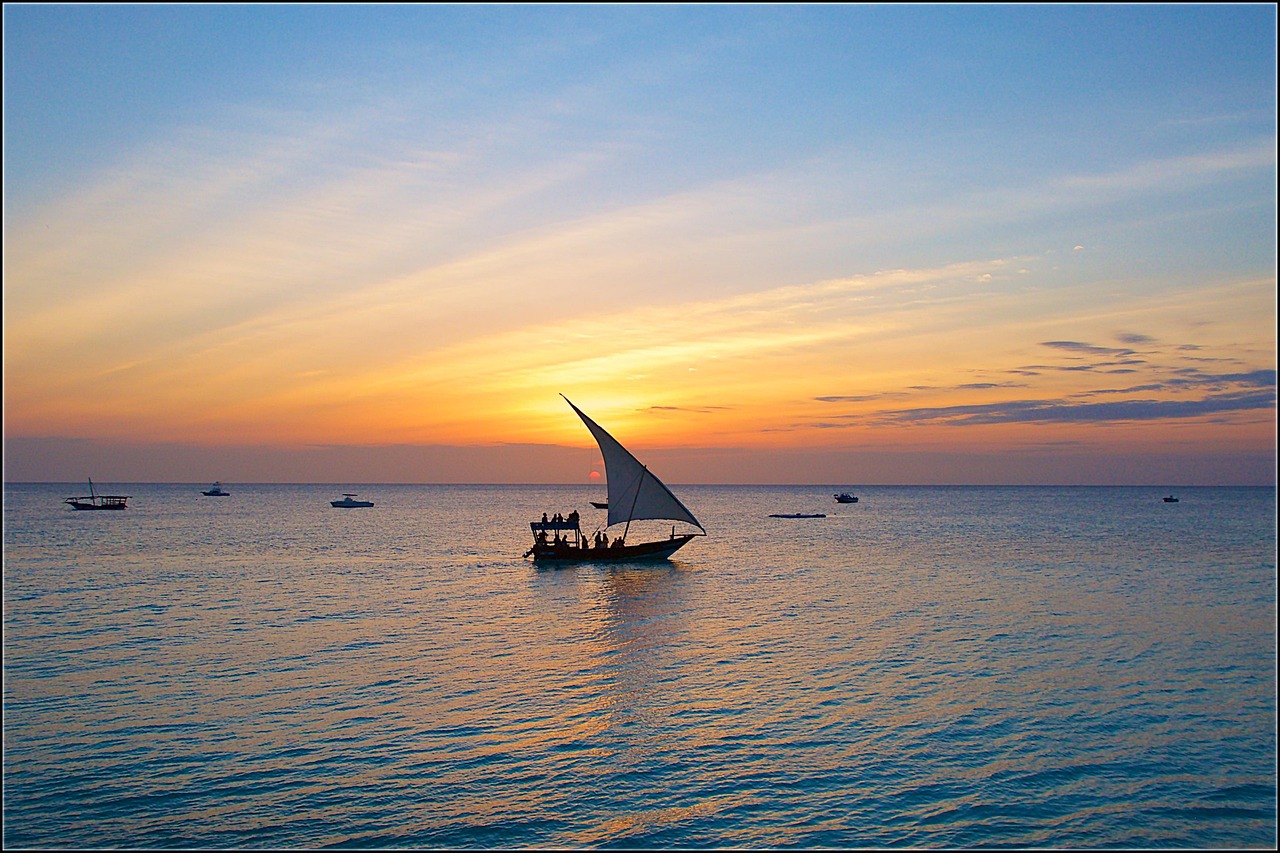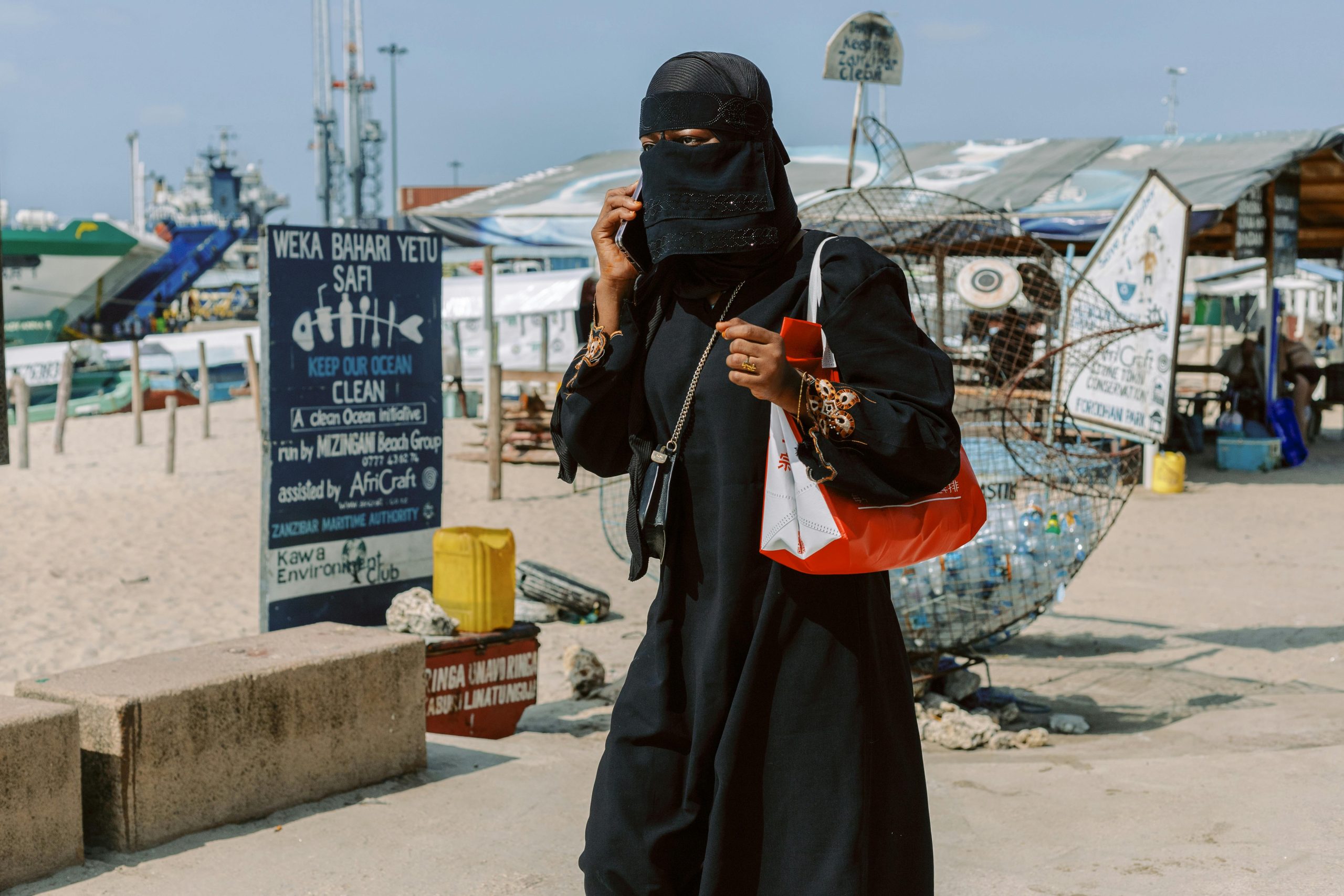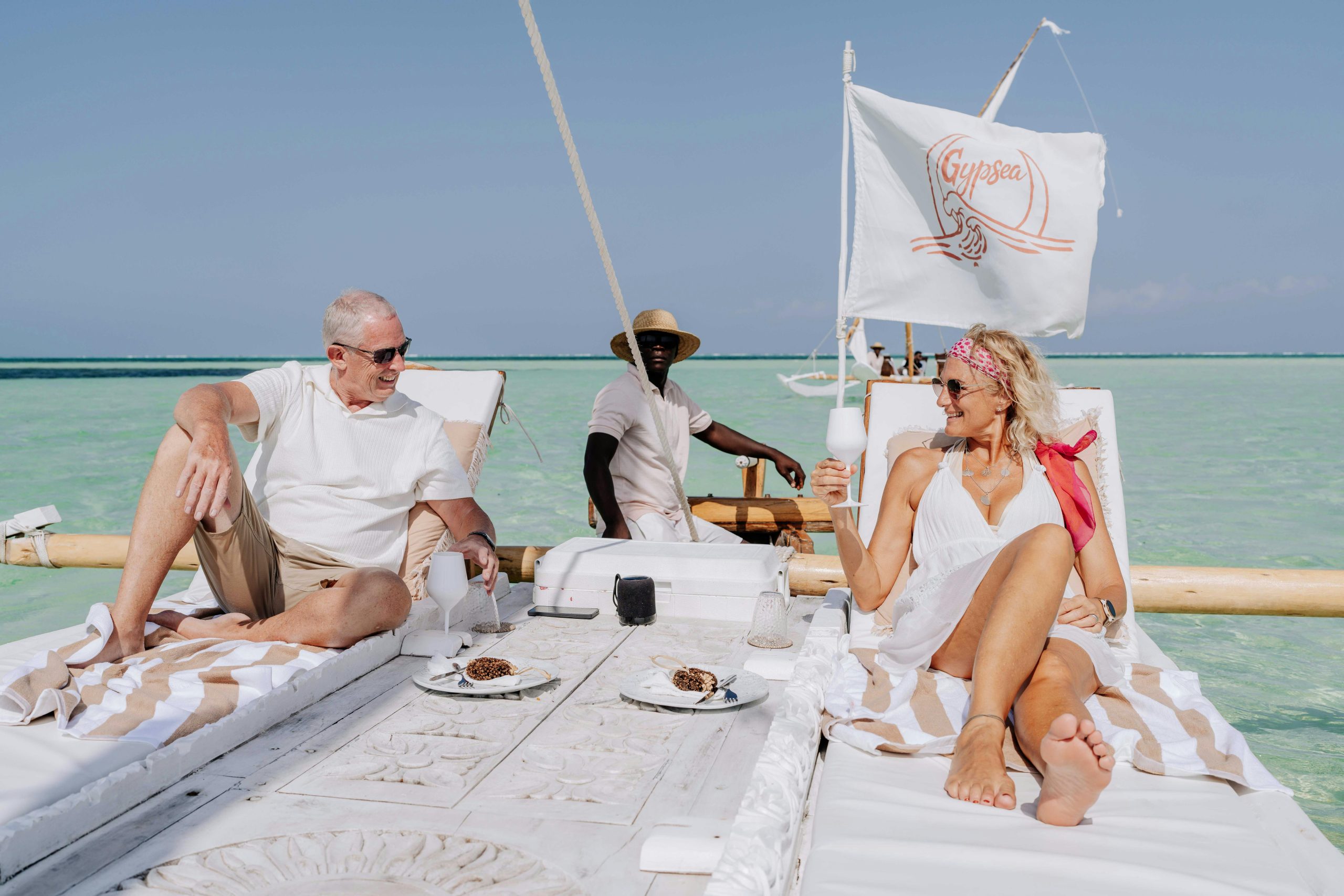Understanding Travel Safety in Zanzibar
Zanzibar, the idyllic Indian Ocean archipelago off the coast of Tanzania, is a dream destination for beach lovers, honeymooners, and cultural explorers. Known for its turquoise waters, spice plantations, and Stone Town’s UNESCO-listed heritage, the island is high on the wish list for many travelers. But the question remains: Is Zanzibar safe to visit in 2025? The answer is yes—for the most part—but travelers need to understand the localized risks, environmental factors, and the value of having instant support in case of a medical or security emergency.
This guide is designed for travelers from the US and Europe seeking clarity on real risks, peace of mind, and practical solutions for a safer holiday. We also explain how the TravelSafe SOS app provides 24/7 backup and real-time emergency coordination across all of East and Southern Africa, including Zanzibar.
Regional Safety Overview: Where It’s Safe, and Where to Be Cautious
Zanzibar is generally considered safer than many mainland Tanzanian regions. However, not all parts of the island are risk-free. Safety can vary significantly depending on your location and the time of day. While resorts offer high levels of security, public areas and isolated beaches may expose travelers to opportunistic crime, scams, or health-related challenges without warning.
Stone Town:
Stone Town is relatively safe during daylight hours. It’s a bustling historical center with narrow alleyways, shops, and cultural landmarks. However, petty theft is an issue in crowded areas. Exercise caution after dark, especially in deserted lanes or beaches. Always use registered taxis at night and avoid walking alone.
Northern Beaches (Nungwi and Kendwa):
Nungwi and Kendwa are among the most popular beach zones with upscale resorts and consistent tourism police patrols. However, isolated incidents involving unlicensed tour operators or boat trips have occurred. Only book excursions through your hotel or a verified provider.
Eastern and Southeastern Beaches (Paje, Jambiani, Bwejuu):
These areas are laid-back and attract solo travelers and kite surfers. While mostly peaceful, petty theft at guesthouses has been reported. Police response may be slower here due to remoteness. Be wary when leaving valuables unattended on the beach.
Southern Zanzibar (Kizimkazi):
Known for dolphin excursions, Kizimkazi is quieter and receives fewer visitors. It is safe but isolated. Emergency support is limited by slower road access and long distances to Stone Town-based facilities.
Health and Medical Safety in Zanzibar
Malaria and Dengue:
Zanzibar is a malaria zone. Travelers should consult their doctor before arrival and may be prescribed antimalarial tablets. Mosquito repellent and long-sleeved evening wear are recommended. Dengue fever has also been reported on the island during rainy seasons.
Water and Food Safety:
Avoid tap water, even in hotels. Stick to bottled water with intact seals. Food hygiene in resort restaurants is generally reliable, but exercise caution with street food or raw seafood dishes.
Medical Facilities:
Zanzibar has limited healthcare facilities. The government-run Mnazi Mmoja Hospital in Stone Town provides basic services, but standards vary. Many travelers are evacuated to Dar es Salaam or Nairobi for serious cases. Without a plan in place, this process can be slow, expensive, and overwhelming.
This is where a travel emergency app like TravelSafe SOS becomes essential. With one tap, the control center can locate you, coordinate a trusted medical provider, and arrange rapid evacuation if required.
Common Risks for Travelers in Zanzibar
Theft and Bag Snatching:
As in many tourist destinations, opportunistic crime can happen. Reports of stolen bags, phones, and cameras on beaches or from unlocked hotel rooms are not uncommon. Always lock valuables, use safes, and avoid flashy jewellery or electronics in public.
Scams and Overcharging:
Travelers may encounter rigged pricing in taxis, unofficial guides, or markets. Always confirm costs upfront, and avoid unsolicited offers from strangers. Use licensed operators or ask your hotel to arrange transport and tours.
Road and Ferry Safety:
Public transport on the island is limited. Dala-dalas (minibuses) are cheap but chaotic, overcrowded, and not recommended for tourists. Road conditions can be poor in rural areas, and there are frequent reports of reckless driving.
The ferry from Dar es Salaam to Zanzibar has improved but is not without risk. Choose a reputable operator such as Azam Marine, and avoid overnight sailings. Weather conditions can change quickly, and overcrowding can be an issue on some routes.
Ocean Risks and Water Sports Accidents:
Zanzibar offers diving, kite surfing, and snorkeling. However, medical response for aquatic accidents can be delayed. There are few coast guard or rescue services, and many operators lack formal safety accreditation.
TravelSafe SOS ensures a backup plan in the event of a sea-related emergency. The control center will connect you with the nearest responder or arrange airlift if required.
Social and Cultural Considerations
Zanzibar is a semi-autonomous region of Tanzania with a majority Muslim population. While the tourism sector is vibrant, cultural sensitivity is expected.
- Dress modestly when not on the beach. Women should cover shoulders and thighs in towns or villages.
- Public displays of affection are discouraged.
- Ramadan may affect service hours, transport availability, and food access during daylight.
Respecting local norms will reduce the chance of confrontation or social discomfort during your stay.
Natural Disasters and Weather Hazards
Zanzibar has two rainy seasons: the long rains (March to May) and the short rains (November to December). Roads may become impassable, and beach activities can be disrupted, but this is highly unlikely. The rainy seasons are however the worst times for malaria – so be prepared if that is when you want top travel.
While cyclones are rare, storms can affect sea conditions dramatically. If you’re planning inter-island travel or ocean activities, monitor weather advisories.
How TravelSafe SOS Reduces Risk in Zanzibar
The TravelSafe SOS app was created specifically for travelers in Africa. Zanzibar is fully covered within the app’s emergency response network, giving travelers immediate access to assistance if something goes wrong.
Here’s how it works:
- When you tap the SOS button, your location is instantly shared with the control center.
- You’ll receive a call from the medical or security team within minutes.
- If needed, they will dispatch emergency responders or arrange a safe extraction.
- All actions are logged and time-stamped for use in insurance claims.
Whether you’re injured kite surfing in Paje, lost in Stone Town, or step on a Stonefish in Nungwi, you’re not alone. The control center provides instructions, locates the nearest responders, and arranges medical care—even if local resources are limited.
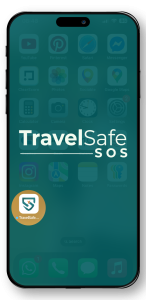
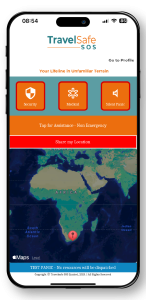
Who Gets Notified in an Emergency?
What sets TravelSafe SOS apart is that it doesn’t just help you—it also alerts the people who matter:
- Your nominated emergency contact
- Your travel agent or tour operator
- Your insurer
This instant communication avoids delays, misunderstandings, and unnecessary anxiety. Your loved ones know help is en route, and your insurer can immediately start the claims process if applicable.
Peace of Mind for Solo, Family, and Group Travel
Zanzibar is welcoming to all traveller types, from digital nomads to multi-generational families. But traveling with children, seniors, or groups creates added responsibility. If someone gets separated, injured, or lost, the consequences can escalate quickly—especially in a region with patchy cell coverage and limited 911-type infrastructure.
The TravelSafe SOS app fills that gap, offering a digital safety net across the entire region. It’s ideal for:
- Families with kids needing medical guidance
- Solo travelers wanting a backup plan
- Group tours requiring centralized emergency coordination
- Honeymooners in remote resorts with no road access
It’s the smart travel companion that’s always on standby—without interfering with your holiday.
Why You Need a Backup Plan in Africa
In Zanzibar, you may face:
- Weak phone reception
- Delayed local police or ambulance services
- Language barriers
- Long distances to adequate hospitals
- No clear address system for rescue teams
TravelSafe SOS bridges these gaps by using geolocation, dispatch networks, and centralized coordination. It’s not a luxury—it’s your lifeline when things go wrong.
Ready to explore Zanzibar with peace of mind?
Download the TravelSafe SOS app before you travel. Whether you’re navigating Stone Town or relaxing on the beach, instant emergency support is just a tap away. Get 24/7 medical and security help, alert your loved ones, and travel smarter across East Africa.

